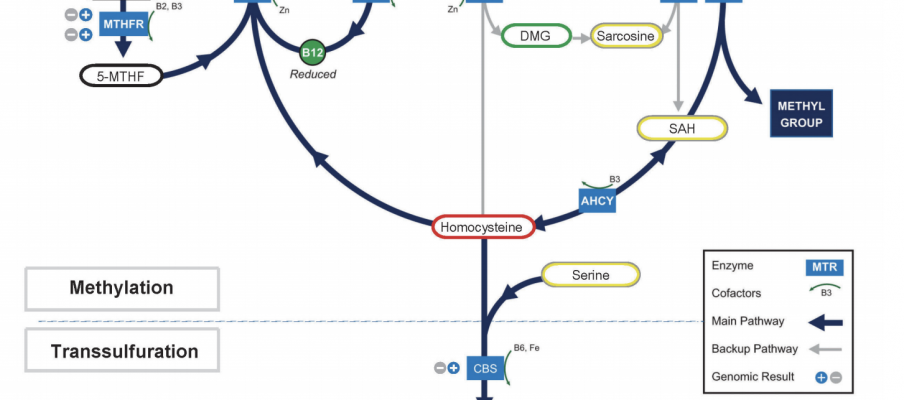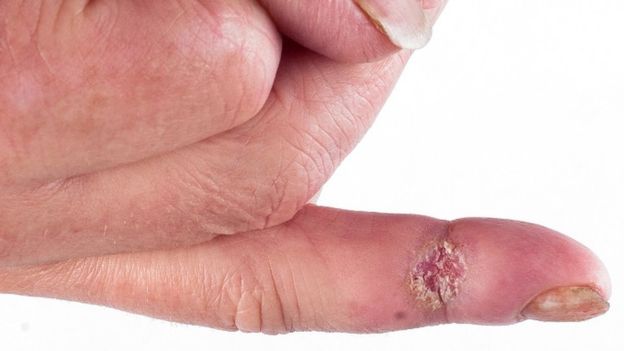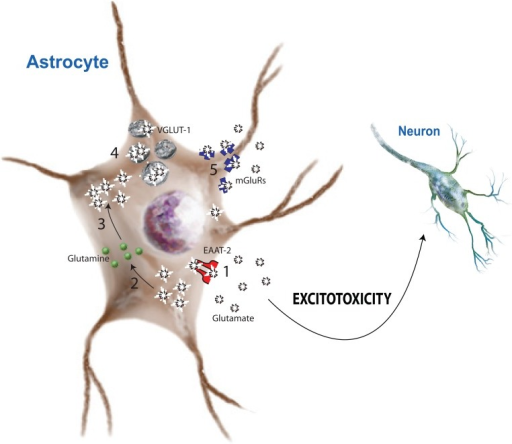Mycotoxins can cause oxidative stress. Oxidative stress is an intracellular imbalance that occurs in chronic disease where reactive oxygen species are not readily removed and detoxified into more inert compounds in the body. This results in cellular dysfunction leading to disease. The production of free radicals and peroxides are chemicals that cause intracellular organelle damage … Read More “Oxidative Stress and Mycotoxins” »
Author: Susan L. Marra
Dyslipidemia and Lyme Disease Dyslipidemia is abnormal lipid metabolism. Patients who have had or have Lyme Disease often have significant abnormalities in their lipid metabolism. This results from chronic inflammation and prolonged activation of the proinflammatory cytokines such as IL-1, IL-6, and tumor necrosis factor-alpha (TNF alpha). Elevated cholesterol, triglycerides, VLDL, and LDL are commonly … Read More “Dyslipidemia” »
Recent scientific research has unveiled the complexity of the human microbiome which is composed of trillions of nonpathogenic organisms that work in concert to perform various physiological functions in the human body. These microbes have coevolved with human beings over millions of years to live symbiotically and in probable functional groups, to survive in challenging … Read More “Microbiome” »
Ketotifen Use in Tick-Borne Illness Ketotifen is a second-generation noncompetitive H1 antihistamine and mast cell stabilizer with probable anti-inflammatory properties. It may also have anti-cholinergic and anti-serotonergic properties that contribute to its overall beneficial effect in certain patients. It is an oral compounded capsule taken with meals and may be useful in the treatment of … Read More “Ketotifen” »
Mycotoxin & Mold Remediation For those who are concerned about your home or work environment having mold, please see below for a list of companies that will work with you to provide an analysis of your environment. Mycometrics Lab Analysis https://www.mycometrics.com/ Environmental Analytics Safe Start Environmental
Scleroderma and Bartonella… Is there a connection?Dr. Marra has been treating patients with tick borne illness since 1999 in both Westport Connecticut and Seattle Washington. She has had two patients with severe Raynaud’s Syndrome, a Scleroderma diagnosis, and a positive Bartonella henselae serology test, one from each coast. Dr. Marra does not think that this … Read More “Scleroderma” »
Unfortunately, one of the byproducts of having chronic infection and chronic inflammation, is an acceleration in aging. This is likely due to continuous endotoxemia caused by the toxins that Borrelia, Bartonella, and other bacteria release into the bloodstream. These toxins probably erode tissue integrity and cause the continued production of proinflammatory molecules to be released … Read More “Aging” »
Low Dose Naltrexone (LDN) in Tick-borne Illness Naltrexone is an old drug originally used to help patients wean off of alcohol and heroin and other opiate medications. However, low dose Naltrexone (LDN – 3-4.5mg) has been found to be very helpful to some patients with chronic pain and low immune function, in particular chronic Lyme … Read More “Low Dose Naltrexone” »
The ketogenic diet is well known for being a low carbohydrate diet, where the liver produces ketones to be used for energy instead of glucose. Typically, on a normal, higher carbohydrate diet, the body uses glucose as the main source of energy. By decreasing carbohydrate intake is induced into a state known as ketosis. Ketosis … Read More “Ketogenic Diet” »
Glutamate Excitotoxicity in the Brain Glutamate is an excitatory neurotransmitter found throughout the brain in small concentrations, and is directly related to the ability to learn, attend, and cognitively function. Glutamate levels are physiologically held in check by conversion to gamma-Aminobutyric Acid (GABA), an inhibitory neurotransmitter also found throughout the brain. The conversion of Glutamate … Read More “Glutamate Excitotoxicity” »










